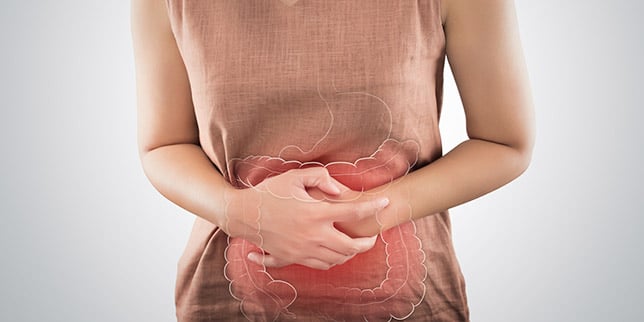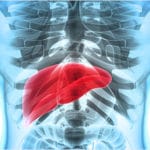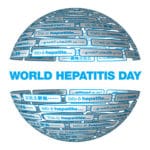
Digestive issues – it’s a topic that many find “taboo” and uncomfortable to talk about. The truth is, people shouldn’t have to suffer in silence. Digestive difficulties are more common than one thinks and it’s important to know the facts.
So, how do you know when gas and diarrhea is more than just an inconvenience? We’ve put together this digestive “alphabet soup” to help raise awareness of two common digestive issues: IBS and EPI. Educating yourself on the facts, symptoms and causes will not only help you get a better understanding of these disorders, but it should encourage a visit to the gastroenterologist to get these issues resolved.
Irritable Bowel Syndrome (IBS)
Symptoms
Irritable bowel syndrome (IBS) is a fairly common and chronic disorder, but it’s also frequently misunderstood. Symptoms usually include abdominal pain, cramping, bloating, constipation and diarrhea. Feelings of being unable to completely empty bowels, nausea and gas are also common symptoms. IBS is not the same as inflammatory bowel disease (IBD), which is a more serious condition that causes inflammation in the digestive tract.
Facts
According to the National Institute of Health (NIH), an estimated 10-15 percent of Americans are affected by IBS, but only five to seven percent get diagnosed. And surprisingly, it is more common in younger people, rather than those over 45. Women are up to two times more likely than men to develop IBS, perhaps because women’s colons are longer than men’s. The suggested cause of IBS is an imbalance of bacteria in the gut.
Cure
Unfortunately, because doctors do not fully understand the causes of IBS, there is no known cure. In some cases, diet and lifestyle changes can help control symptoms, however some individuals require medication other interventions. Three types of IBS are based on different patterns of changes in your bowel movements or abnormal bowel movements. It can be important for your doctor to know which type you have, as some medicines work on for some types of IBS or make other types worse.
Exocrine Pancreatic Insufficiency (EPI)
Symptoms
Exocrine Pancreatic Insufficiency (EPI) is a condition that occurs when the pancreas fails to provide the necessary amount of digestive enzymes to aid in the digestion of food. People with EPI can’t properly digest the nutrients in food such as fats, proteins and carbohydrates. Uncomfortable GI symptoms include bloating, gas, weight loss and oily diarrhea that floats. Other symptoms, like tiredness and loss of muscle, may be present due to a lack of nutrients in the body. The symptoms of EPI are very similar to Crohn’s disease, celiac disease, IBD, ulcerative colitis and small intestinal bacterial overgrowth (SIBO), which can make it very hard to diagnose.
Facts
Anything that damages the pancreas and stops or blocks the release of its enzymes can result in EPI. There are many causes of EPI – the two most common are cystic fibrosis and chronic pancreatitis. Other medical conditions that can cause EPI are celiac disease, Crohn’s disease, diabetes, pancreatic cancer and more. Different stool studies can help determine the diagnosis of EPI.
Cure
The good news is EPI is a manageable condition. The goal of treatment is to replace the digestive function of the pancreas. EPI symptoms can be treated with diet, vitamin and mineral supplements and pancreatic enzyme replacement therapy (PERT). PERTs are the main treatment for EPI – they help break down the nutrients in food. Eating plenty of fruits and vegetables, having smaller meals more frequently, and abstaining from alcohol and smoking is advised. If you have been diagnosed with EPI, you should work with your doctor to make sure all your dietary needs are being met.
If you’re spending too much time in the bathroom, you’re not alone. If you’re suffering from the symptoms of IBS or EPI, it’s important to work with a board-certified gastroenterologist to diagnose and treat your condition. To learn more, contact the professionals at Northeast Digestive Health Center.




